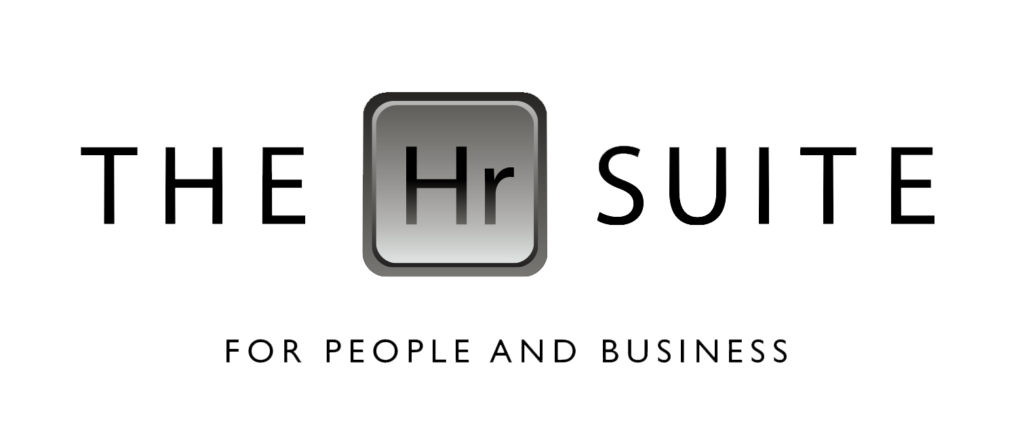There are exactly 86400 seconds in each day but to use this time effectively it is important to be clear about what you are doing. To manage your time effectively it is important to identify key areas of your job, the elements you consider to be priorities. Remember it is imperative to focus on the things that matter the most and are of most value. When planning tasks for the day and week remember to do so according to priority versus tasks that you enjoy doing. The next step is to break tasks into manageable smaller tasks.
These tasks should be spread out over your daily and weekly plan. Ensure you set realistic timeframes and review it throughout your working day. A used and proven system for managing your time can prove vital to your business success and can help you achieve the right things at the right time allowing you to achieve your objectives. To manage your time well it is important to try to stick to your plan and never over plan as interruptions will inevitably change this. Be aware that the small things you do every day are all important tasks that work towards achieving your career and business goals. Conducting a time audit can be useful in helping you become more efficient in the workplace.
This can be done in conjunction with your work plan by calculating how much time you spend on a client or task each week. By doing this you will be able to assess if you are spending the most time on the most important clients, tasks or otherwise. This can be done by defining your tasks at the start of the week and establishing how much time you have spent on the client or task by the end of that week. Time Audit can be an effective tool in eliminating bad habits. Eliminating bad habits and introducing good habits is crucial when making the decision to manage your time better.
One of the biggest time wasters can be procrastination. We all know the feeling of putting things off until later but the fact remains that these jobs must get done sooner or later. People who procrastinate may tend to spend time on other tasks which are trivial or of no consequence to pass time. In doing this they have no time to do the more challenging and important tasks. In time, this becomes a bad habit that is difficult to get out of and will affect the person’s standard of work as well as his/her emotions. To combat procrastination and make a start, do something you have been putting off for a while. Visualise the pleasure you would get from completing the job.
If it’s a big job/project break it into smaller parts, and try to do a little each day. It the job involves some form of creativity, do the job when you are at your most energetic. If the job is boring, do it when you are least energetic. When you have completed the job don’t forget to reward yourself. For management successful delegation is another essential tool in managing your time better. When delegating ensure the delegate has all the information necessary to complete the task in the best way possible. It is important to pick the right person for the right job. Pick someone whose skills closest match the task or otherwise someone who has the most to learn from taking it on. When delegating ensure you define the employee’s responsibilities and ensure they understand how important the work is.
Once delegated it is important to monitor progress and determine if assistance is needed to complete the job. Remember delegation enriches the jobs of employees and provides more challenges, authority and variety. It can also improve morale and employee motivation. Time management is critical in your daily and weekly work life and once it is under control it can have a huge positive impact on your work life balance. Effective time management will in no doubt increase productivity and help you achieve your business goals sooner rather than later. A central theory to keep in mind when establishing an effective time management system is the Pareto principle. This principle highlights that some jobs are more productive than others. The secret is to know which ones they are and focus on them.
The Pareto system states that roughly 80% of the effects come from 20% of the causes i.e. 80% of your profits come from 20% of your customers.
Tips for managing your time:
* Setting goal with appropriate timelines
* Prioritise and understand what needs to be achieved
* Focus on task, try to complete one task before starting the next
* Self-motivation is key, you must stay engaged
* Delegate to your team
If you require further information or advice on the above, please do not hesitate to contact our HR Consultants on (01)9014335 or (066)7102887 or email us at info@thehrsuiteonline.com
Rebecca Kiely, HR Consultant

